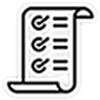How do I search for a job?
Step 1: Prepare your Resume
List your contact info, work experience, education, and key skills in a clear, easy-to-read format. Focus on what you’ve done, what you’re good at, and how your experience fits the job you want. Learn how to write a resume.
Step 2: Research Available Career Opportunities
Use the Career Pathways page to explore additional healthcare jobs.
Step 3: Job Searching at CentraCare
For current team members, you can view and apply for open positions in Oracle.
- Log into Oracle, then search for specific positions of interest. You can also filter by posting date, location, organization, or job function by first clicking on the “jobs” tab. The Filters tab is also available for additional details.
- You are also able to Update Interests on this page. This will allow you to select to receive notifications for roles you may have interest in.
For former team members, you can apply for open positions on this career site.
- Use the search bar at the top of the page to look for jobs by title or location.
Step 4: Submit your Application
When you find a job that fits, click 'Apply Now,' sign in to Oracle, and complete your application.
Step 5: Job Search on Career Sites
You can also search for jobs on sites like Indeed, LinkedIn, MN DEED, CareerForce, and MN Dept of Employment Development.








